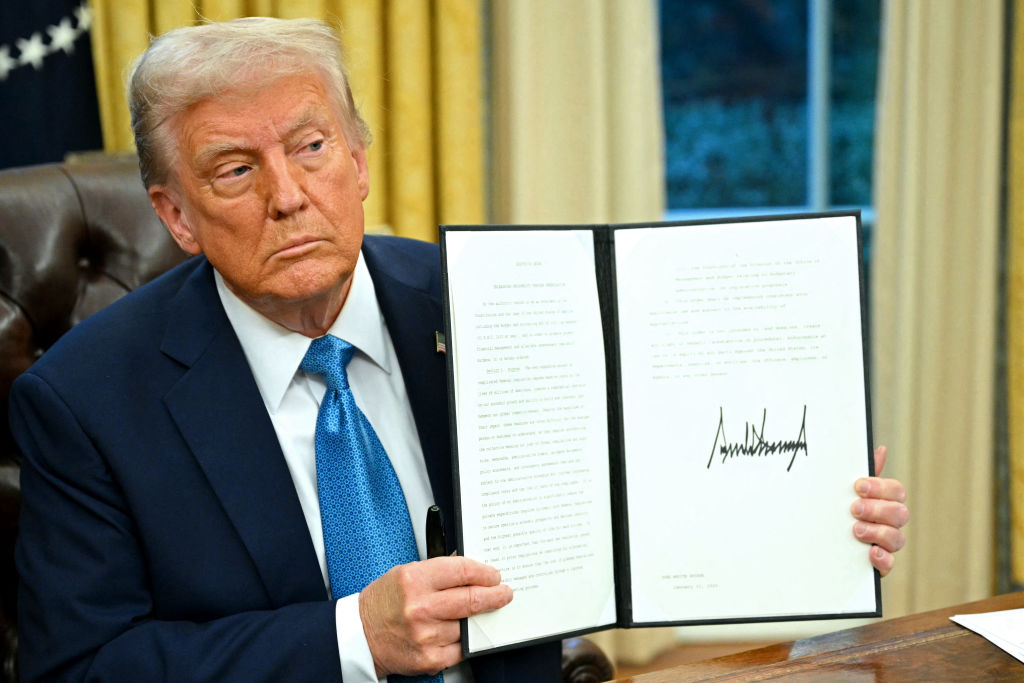More than six million Americans are still looking for work, according to the latest data from the U.S. Bureau of Labor Statistics. Amid ongoing economic uncertainty, the federal government remains one of the country’s most active employers, with open roles for nurses, actuaries, physicists, engineers and IT professionals listed at USAJobs.gov.
But prospective applicants may notice something different about the application process in 2025. Alongside typical questions about experience and qualifications, some federal job forms now ask about an applicant’s alignment with presidential policy priorities, raising concerns about political screening in what are supposed to be nonpartisan civil service roles.
Under guidance issued by the Chief Human Capital Officers Council (CHCOC), part of a broader federal hiring overhaul, applicants may be asked to explain how they would help implement specific executive orders or initiatives. One question currently being used reads:
“How would you help advance the President’s Executive Orders and policy priorities in this role? Identify one or two relevant Executive Orders or policy initiatives that are significant to you, and explain how you would help implement them if hired.”
This directive is connected to an executive order President Donald Trump that emphasizes “merit-based” hiring over previous diversity, equity, and inclusion (DEI) considerations. The administration stated that these changes are intended to root out political bias and ensure a more ideologically aligned workforce.
Critics argue that these practices resemble loyalty tests, particularly as questions of commitment to the Constitution and the President's policies appeared in job applications. Earlier this year, multiple government agencies experienced layoffs of employees who were seen as insufficiently aligned with current leadership, even in traditionally apolitical roles.
Historical parallels have been raised. During the McCarthy era in the 1950s, public servants and private citizens alike were pressured to prove their loyalty to the U.S. government to root out suspected communists. Accusations and investigations often targeted personal beliefs rather than actions, leading to widespread firings, blacklisting and surveillance.
Civil service roles in the U.S. were originally designed to serve the Constitution and the public, not individual officeholders. Federal employees take an oath to uphold the Constitution, a foundational distinction meant to separate American governance from monarchic or authoritarian systems.
Whether the latest hiring guidelines are a temporary shift or a lasting transformation of the federal workforce remains to be seen. For now, job seekers interested in federal positions may want to prepare answers not just about their skills but about their stance on presidential policy.


